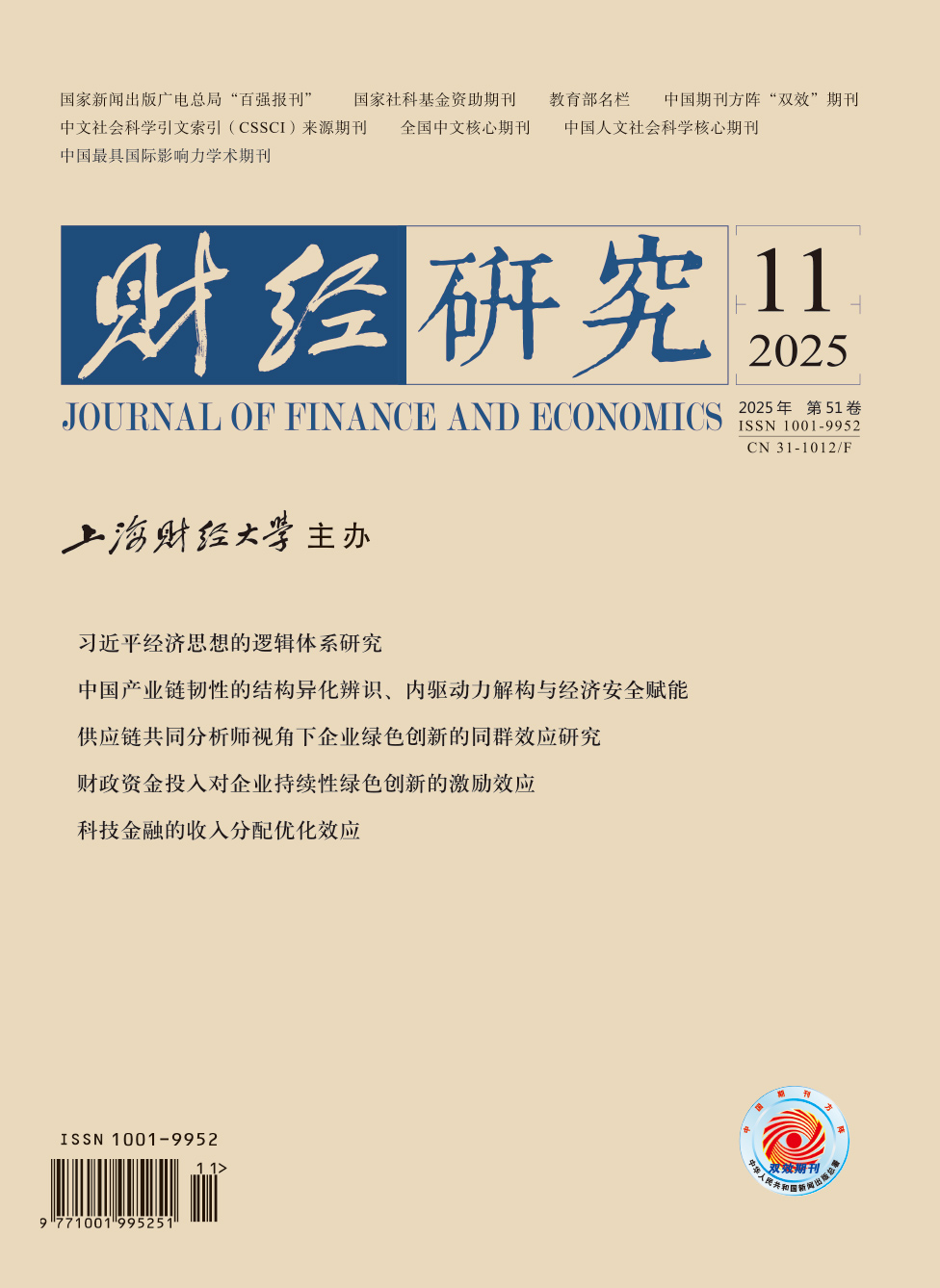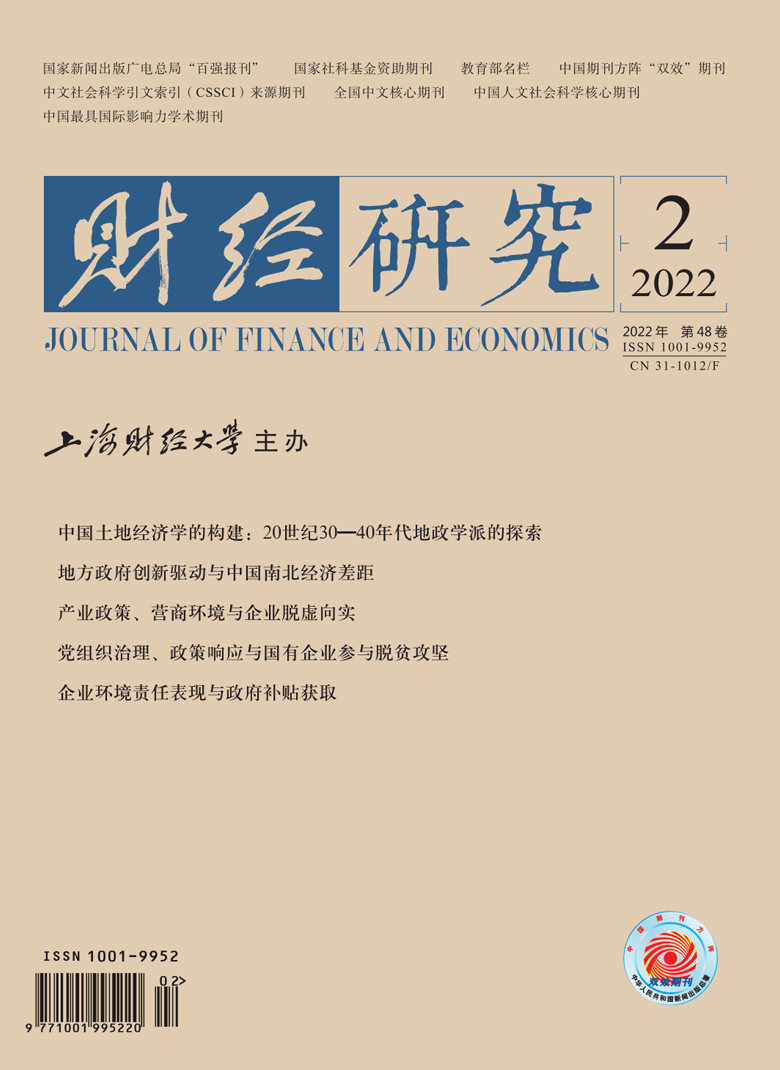As an important part of CPC’s Party organization, CPC’s disciplinary commission performs the functions of supervision and inspection. CPC’s disciplinary commission participates in SOEs’ corporate governance through the “two-way entry and cross-appointment” leadership system, which has a significant impact on SOEs’ decision-makings. Poverty alleviation, as a major strategic measure of CPC and China’s anti-poverty governance, requires precise supervisions from the implementation of poverty alleviation policies to the use of poverty alleviation funds. Thus, this study takes A-share state-owned listed companies from 2016 to 2018 to investigate the impact of CPC’s disciplinary commission governance on SOEs’ participation in poverty alleviation.
The results show that: (1) CPC’s disciplinary commission governance can promote SOEs to actively respond to poverty alleviation. (2) After distinguishing the types of poverty alleviation, CPC’s disciplinary commission governance is more likely to encourage SOEs to choose the “blood-making” poverty alleviation type rather than the “blood-transfusion” poverty alleviation type. (3) Both CPC’s disciplinary commission governance through the board of directors and CPC’s disciplinary commission governance through the board of supervisors can promote SOEs to actively respond to poverty alleviation, and CPC’s disciplinary commission governance also ensures that SOEs continue to participate in poverty alleviation. (4) The fewer levels of control chains in SOEs, the longer distance of securities supervision, the longer distance of national audit supervision, and the smaller auditor firms employed by SOEs, the stronger the role of CPC’s disciplinary commission governance plays in promoting SOEs to actively participate in poverty alleviation.
The research contributions include that: (1) This paper enriches the existing studies about the impact of CPC’s disciplinary commission governance on corporate decision-making behaviors. (2) This paper expands the literature on the driving mechanism of SOEs’ participation in poverty alleviation at the micro level. (3) From the perspective of the scale and types of poverty alleviation (“blood-making” and “blood-transfusion”) and the intention of follow-up poverty alleviation, this paper makes a more detailed analysis on SOEs’ participation in poverty alleviation. (4) This paper also discusses how a number of internal and external factors affect the function of CPC’s disciplinary commission governance, which has important theoretical implications for deepening the understanding of how CPC’s disciplinary commission can effectively play its supervisory duties.





 5747
5747  9143
9143

